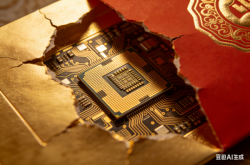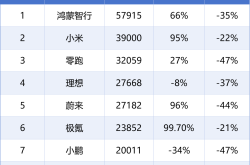Is it impossible to lose the Chinese market? Samsung's profits soar 14 times, and Chinese mobile phones rely on it!
![]() 07/08 2024
07/08 2024
![]() 461
461
Samsung announced its second-quarter earnings forecast, reporting an operating profit of 10.4 trillion won (approximately 54.821 billion yuan), a year-on-year increase of 14.5 times. Samsung once again proved its competence with its performance, which is obviously different from some people's belief that Samsung mobile phones cannot survive without the Chinese market.
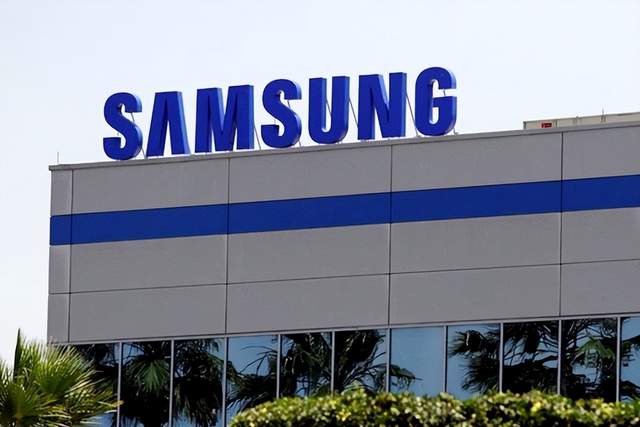
It is worth noting that the sharp increase in Samsung's profits mainly comes from Chinese enterprises. What drove Samsung's profits to soar this quarter was Samsung's storage chips. Samsung's storage chips account for about 40% of the global market share, and China is the world's largest importer of storage chips, with Chinese mobile phones requiring a large amount of Samsung's storage chips.
According to data from analysis agencies, South Korea's storage chip exports surged 99% in April this year. South Korea's storage chip export market is mainly the Chinese market, and Samsung has its largest storage chip factory outside of South Korea in Xi'an, China, showing the importance of the Chinese market to South Korean storage chips such as Samsung.
With the rise of China's smart cars, AI, etc., the demand for storage chips has surged. At the same time, since the end of last year, global storage chip prices have recovered rapidly. Earlier, analysis agency TrendForce pointed out that global storage chip prices rose by 40% in the first half of this year, and South Korean storage chips have earned more income from the Chinese market.
Samsung is well-known to Chinese consumers for its mobile phones. Samsung mobile phones have almost withdrawn from the Chinese market due to competition from Chinese mobile phones. Currently, Samsung mobile phones occupy a low share of about 1% in the Chinese market. They like to say that Samsung mobile phones cannot survive without the Chinese market, but Samsung mobile phones are still the world's largest mobile phone company. Nowadays, its storage chips continue to earn substantial profits from the Chinese market.
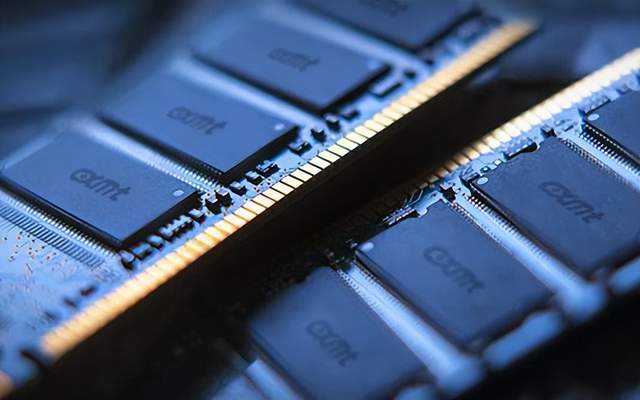
China has developed storage chips, and in 2022, China's storage chip technology took the lead. At that time, Chinese storage chip companies were the first to mass-produce 232-layer NAND flash. Chinese storage chips with technological leadership quickly captured the market, driving storage chip prices to halve, leading to a sharp decline in the performance of storage chip companies such as Samsung and Micron.
However, the United States quickly took measures against China's storage chip industry, restricting the supply of advanced chip equipment to Chinese storage chips. Even chip equipment such as lithography machines that had already been sold to them was restricted, prompting an executive of a Chinese storage chip company to say that no company in the world has ever failed to provide after-sales service for sold equipment, asking if ASML and others should recycle these equipment.
Under the obstruction of the United States, storage chips such as Samsung and Micron have once again gained technological leadership. In 2023, they were the first to mass-produce 300-layer NAND flash. Coupled with the fact that Chinese storage chips only account for about 4% of the market share, these storage chip companies have joined forces to raise prices, and China is one of the world's largest importers of storage chips. Chinese manufacturing has become their target. Industry insiders speculate that China imports $100 billion worth of storage chips every year, and this year may have to pay an additional $40 billion.
South Korea and the United States have a long history of manipulating storage chip prices. Many years ago, the United States imposed fines of hundreds of millions of dollars on Samsung and others for manipulating storage chip prices, proving that they do have suspicions of manipulating storage chip prices. Faced with huge profits, they have once again joined forces to raise prices, highlighting their greed.
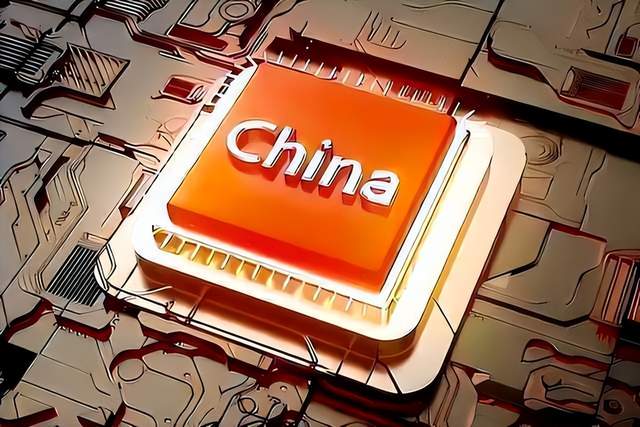
This further demonstrates the importance of China strengthening independent research and development of chip technology. Only when China's storage chips achieve technological and market share leadership can China grasp the right to speak in the storage chip industry. In fact, the storage chip industry does not rely heavily on advanced chip equipment. Considering the reliability and durability of chips, the process of storage chips has remained above 10 nanometers. It is believed that China's storage chips will achieve localization of chip equipment earlier. By then, the good days of US and South Korean storage chips will inevitably come to an end.



